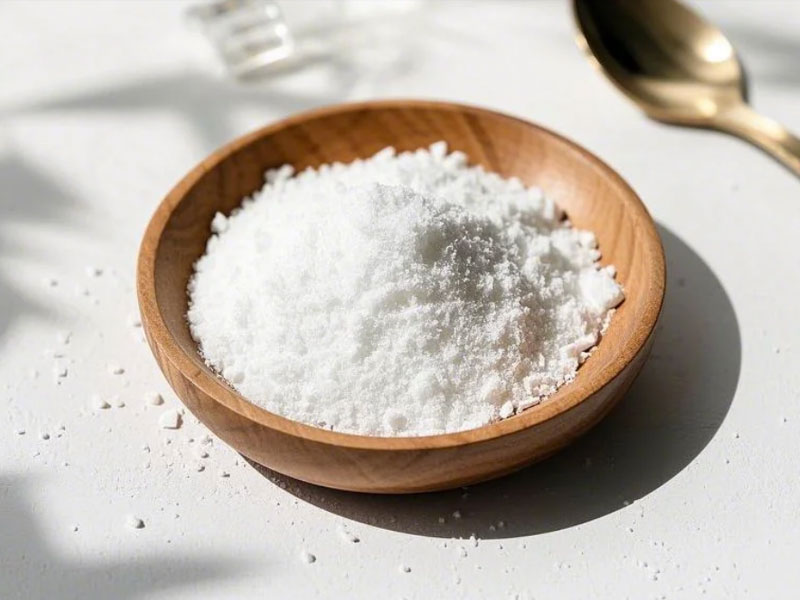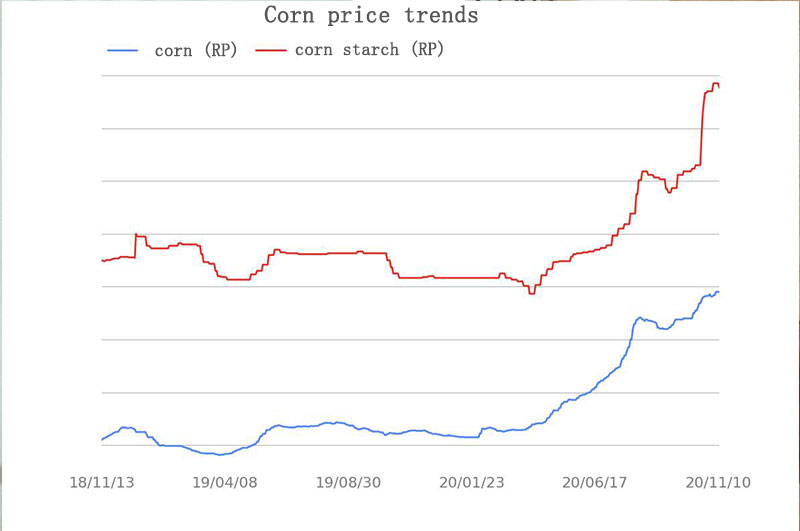In the evolving world of sweeteners, you might have heard discussions or even misconceptions about allulose being “banned.” The reality is more nuanced. While organic allulose has rapidly gained approval and popularity in many parts of the world, its introduction as a “novel food” in certain regions means it requires a specific, often lengthy, regulatory approval process rather than being outright prohibited due to safety concerns.
Let’s clarify the regulatory landscape and highlight why organic allulose – available as a versatile organic allulose powder and organic allulose syrup – remains a revolutionary, safe, and highly sought-after ingredient for health-conscious consumers and innovative food brands.
Understanding the “Novel Food” Designation
The term “banned” is misleading when discussing allulose. In regions like the European Union (EU) and Canada, allulose is classified as a “novel food.” This designation applies to any food ingredient that has not been widely consumed in that region prior to a certain date (e.g., May 1997 in the EU).
- Not a Safety Ban: This classification does not mean allulose is deemed unsafe or prohibited. Instead, it signifies that the ingredient must undergo a rigorous, formal approval process, including comprehensive safety assessments and scientific reviews, before it can be legally sold or incorporated into food products within those territories. This process can be lengthy due to the extensive data required and the time taken for scientific bodies to review emerging research.
- Ongoing Approval Processes: Multiple applications for allulose approval have been submitted to regulatory bodies like the European Food Safety Authority (EFSA), and reviews are ongoing. Some regions within Europe have even granted specific approvals for certain applications.
Where Allulose Is Approved and Thriving
The global picture for allulose is largely positive, demonstrating its recognized safety and utility:
- United States (U.S.): The U.S. Food and Drug Administration (FDA) has recognized allulose as “Generally Recognized As Safe” (GRAS). In a significant move, the FDA also allows allulose to be excluded from the “Total Sugars” and “Added Sugars” declarations on Nutrition Facts labels and to be counted at a much lower caloric value (0.4 kcal/g) than traditional sugars. This regulatory clarity has fueled its rapid adoption.
- Japan: Allulose has been widely approved and used in Japan for many years.
- Mexico, Singapore, South Korea, Australia, New Zealand, and Brazil: All these countries have also approved allulose for use as a food ingredient, often classifying it as a “novel food” that has successfully completed their safety assessments.
- China: Allulose is also gaining traction, with its approval as a novel food ingredient set to open new opportunities.
Why Brands and Consumers Globally Are Choosing Organic Allulose
The widespread global acceptance of allulose is a testament to its unique and compelling benefits, whether in organic allulose powder or organic allulose syrup form:
- Authentic Sugar-Like Taste: Allulose provides a clean, pure sweetness (about 70% as sweet as sugar) without the aftertastes often associated with other low-calorie sweeteners.
- Virtually Zero Calories: With only 0.4 calories per gram, it enables significant calorie reduction in formulations.
- Negligible Glycemic Impact: It has virtually no effect on blood sugar or insulin levels, making it ideal for managing blood sugar and for keto-friendly products.
- Superior Functionality: Unlike many alternatives, allulose offers excellent bulking, browning, and texture-improving properties, crucial for replicating the mouthfeel and appearance of sugar-sweetened products.
- Organic Purity: Choosing organic allulose ensures the sweetener is derived from non-GMO sources and produced without synthetic pesticides or chemicals, aligning with peak clean-label consumer demand.
- Versatile Forms:
- Organic Allulose Powder: Perfect for dry mixes, baked goods, and confectionery where texture and bulk are important.
- Organic Allulose Syrup: Ideal for beverages, sauces, glazes, and liquid applications, providing excellent solubility and viscosity.
So, while it’s important to be aware of regional regulatory differences, the narrative around allulose being “banned” is largely a misunderstanding of “novel food” classification. In most major markets, organic allulose is not only approved but celebrated for its unique ability to deliver delicious, sugar-like sweetness with minimal calories and a negligible impact on blood sugar, all while upholding rigorous organic purity standards.
Is your product line ready to harness the recognized benefits of organic allulose?
Recommended Product
Organic Allulose Sweetener
Zero-Calorie, Natural Sweetener for Clean-Label Food, Beverage & Keto Formulations


